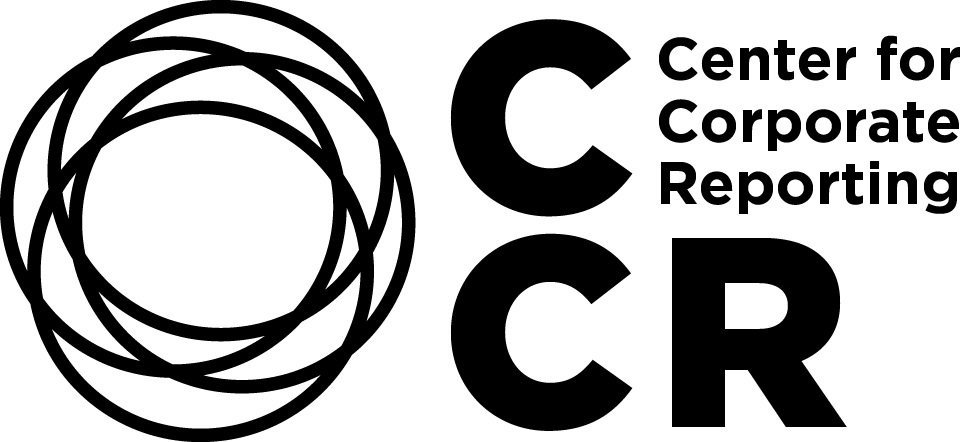Hedge funds and their influence on investor relations communication
Hedge funds account for 25-30% of the SPI market turnover (source: SIX Swiss Exchange). This has an impact on share price development and on the IR agenda. IR club Schweiz spoke to market participants representing the sell-side, buy-side, and IR to get a balanced view of the role of hedge funds in the equity market and what IR officers should consider when communicating with them.
By Christine Kukan
London-based sell-side analyst at large international brokerage firm:
“Hedge funds are usually very informed on the numbers, deep in the near-term debates on the stock and can pose thoughtful and probing questions that can benefit management teams. Hedge funds tend to be active in engaging in the debate with other investors, and as a result can give insight on where the debates sit. They also look at many sectors rather than one discrete sector. This broad view can provide management teams with perspective on how they are competing for capital not just against industry peers, but also against other sectors.”
Swiss-based sell-side analyst at large international brokerage firm:
“IR should absolutely speak to hedge funds. They are getting more and more important and should not be ignored. Hedge funds have a shorter investment horizon and hence focus in greater detail on little variation in IR communication. IR must stick to their official wording. The best way for that is to have the main messages written down. On the positive side, the more efficiently the financial system works, the better the stock price finding is secured. On the negative side, involvement of hedge funds may result in higher volatility in the short term.”
Swiss-based senior investment manager managing a long-only fund:
“There are all kinds of investors with various investment styles and hedge funds are a part of the investor diversity. I would hence not block or ban certain groups such as hedge funds. Sometimes they have good reasons to be negative or positive on a company, hence it can be worth not completely ignoring them. All investors that interact with a company in a respectful manner should be welcome. But, as IR resources are limited, I would prioritize certain investor groups according to the size, duration, and consistency of the investment, as well as quality factors such as knowledge, engagement, and true interest in the firm.”
Hedge fund analyst:
“Hedge fund investment style is too often labelled as being aggressive, short-term, and narrow-focused and has even a beatendown reputation amongst IR teams and C-suite. This is a stigma vs reality and a constructive dialogue between hedge fund managers and IR teams is vital. Most hedge fund teams strive to become experts in the industry and company they invest in. The focus is foremost on understanding the long-term and fundamental drivers of a company and industry before even thinking about ideas that can work in the nearer future. In recent years, more money has moved to passive investments and made liquidity a major issue. Hedge funds represent a significant share of liquidity in the market, a major benefit for smaller and midsize market caps including prospective listings.”
Head of Investor Relations at SMI company:
“Hedge funds are significant market participants and cannot be fully ignored. While they tend to have a short-term market view, not all of them are pure “traders”. Avoid being dragged into detailed discussions (last months’ trends, volume/price, #trading days, etc.). Often they have an opinion already and are looking for some proof points, then trying to convince others (reverse brokerage). Positives are that they generate trading volume, can have critical questions that help to think about business from a different angle, usually are well informed and can also give views about peers, market etc. But be careful about what’s their intention! They are more short-term-focused and need volatility to make money!”
Head of Investor Relations at Swiss mid-cap company:
“Hedge funds can sometimes reduce volatility by providing liquidity and engaging in trades that correct mispricing in the market. They are usually very up to date and fast in connecting the dots. Via them, you might learn quicker about rumors that circulate in the markets. But you must understand what matters to them and how to communicate. I would not send a junior IR to talk to them. They will ask you the same questions (sometimes very provoking ones) but in many different ways. Somebody without experience might fall into the trap and disclose information which is not supposed to be public. I would be very careful meeting them when working on M&A or you are in any other special situation. I would not put a hedge fund in front of C-suite before knowing them and haven spoken to them myself.”
To summarize: It is a fact that hedge funds are important participants in the capital markets. They provide liquidity in the trading of your stock and are well informed about markets and industries. Listen and learn about market views of your company and the sector – but be careful in your communication and stick to the key messages without getting into too much detail. It is important that you are clear and consistent in your messages, otherwise there may be misunderstandings that cause unnecessary volatility in your stock.
Facts and figures about the IR club Schweiz
Founded in 1992
83 member companies
80% of companies listed in SMI are members
10+ events per year
Regular knowledge updates via newsletter and LinkedIn
For further investor-relations-relevant topics, please checkout the knowledge hub on irclub.ch.
Christine Kukan
is Head of Investor Relations at Sika and a board member of IR club Schweiz. Before joining Sika, she was at IKEA Switzerland and prior to that at Citibank in Zurich. Christine Kukan has a master’s degree in business administration from the Stockholm School of Economics, Sweden.



